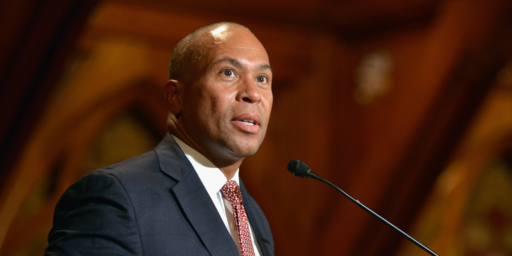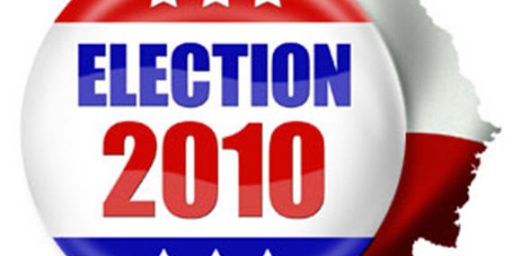It’s the Incentives Stupid
Deval Patrick, the governor-elect for Masschussetts, demonstrates that he has little understanding of economics.
GAS TAX HIKE CLASHES WITH TRANSPORTATION, ENERGY GOALS, PATRICK SAYS
By Michael P. Norton and Jim O’Sullivan
STATE HOUSE NEWS SERVICE
BOSTON, WEDNESDAY, DEC. 20, 2006Raising the gas tax, an idea contemplated by a state commission eyeing ways to address a huge backlog in transportation maintenance problems, runs counter to the push for energy efficiency and independence, according to Gov.-elect Deval Patrick, who nonetheless backed off a campaign pledge against such an increase.
“We need to be much, much more efficient in the use of hydrocarbons for energy reasons, for reasons of independence, for reasons of our dependence on foreign oil and gas, on hydrocarbons generally,” Patrick told the News Service during an interview at the waterfront law office he is using as a staging area for his administration, which moves into power on Beacon Hill in two weeks.
“If we’re trying to cultivate here in Massachusetts an energy-smart economy, then the notion of relying for additional revenues on something we’re trying to break our dependence on doesn’t seem to me to be a formula for long-term success.”
While being cognizant of the potential problem of coming to rely on tax revenues from a source that one sees as diminishing in use and thus tax revenues is smart, the idea of reducing consumption by not taxing something is quite bizarre.






I’ve heard this argument before and suspect it is a long term strategy to increase revenues. I know that sounds funny but here is the way I expect it to go.
After explaining that relying on fuel tax is a dead end, since we should be moving away from fossil fuels, a new tax will be proposed such as a mileage tax utilizing transponders. Implementation would be gradual with both taxes (mileage and fuel) collected simultaneously resulting in increased revenue. If fuel tax receipts started to fall an increase in the mileage tax could be justified by the falling revenues and the resulting cuts in services.
The politics of just raising fuel taxes is a killer even for a newly elected governor. This would be more popular by flying under the radar.
So the Gov.-elect is working the taxpayers here. It’s not about breaking dependence on oil but just increasing overall revenues in a covert fashion.
The idea that the gov’t tracks how far its citizens have been driving has always struck me as Orwellian.